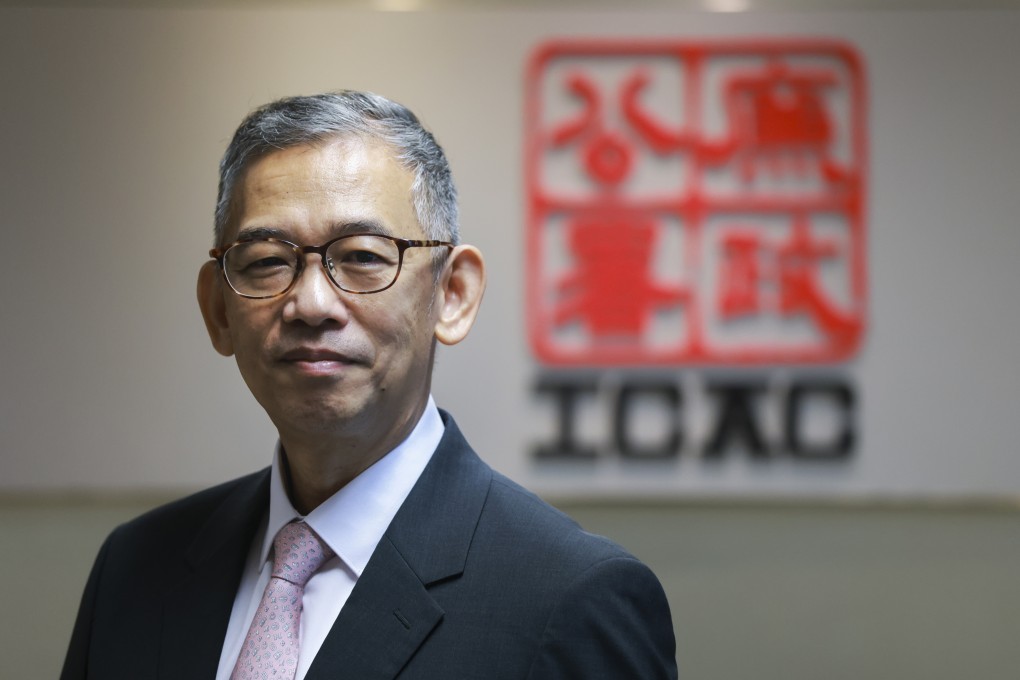New chief of Hong Kong’s anti-graft agency says decade of experience fighting corruption in prisons will serve him well
- New ICAC chief Danny Woo says his time as prison head includes tackling corruption in Hong Kong jails, working with anti-corruption agency
- But Woo stops short of saying if he will also take over top job from predecessor as president of international anti-graft association

The new chief of Hong Kong’s anti-graft agency has said his decades of experience in fighting corruption in the city’s prisons will help him lead the 1,400-member commission to safeguard the rule of law and national security.
Former head of correctional services Danny Woo Ying-ming, 56, took on his new role on July 1 after he was appointed by Beijing as the commissioner of the Independent Commission Against Corruption (ICAC), succeeding Simon Peh Yun-lu who had held the position since 2012.
Addressing concerns about whether a former prison chief would be a suitable candidate for the top job of combating corruption in Hong Kong, Woo told the Post in an interview that he had devoted nearly one-third of his 33 years in the Correctional Services Department (CSD) to security and anti-graft work and had previously joined hands with ICAC investigators to remove prison staff who abused their positions.
“The CSD has gone through a lot over the past few years, such as the social turmoil in 2019 and the Covid-19 pandemic, which has affected Hong Kong to a certain extent. The prisoners stemming from the social unrest had also been smearing the CSD. The crisis situations were unprecedented,” said Woo, who retired from the department in March.
“Such work experience is beneficial to all sorts of management, not just to the ICAC. I am very confident that my background and experience can lead the ICAC to new heights.”
Woo said corruption could easily take place behind bars if it was not nipped in the bud, as prisoners sought to enjoy “privileges” by selling smuggled items to each other. Some might attempt to bribe prison staff to traffic banned items to them, he added.
